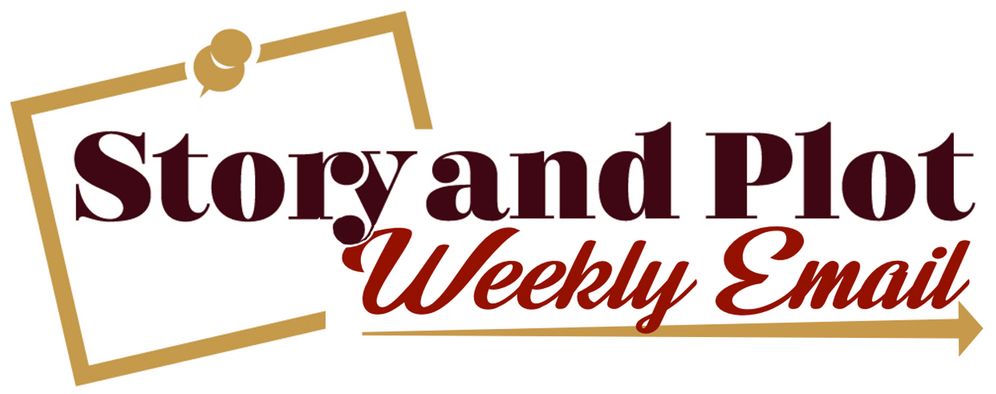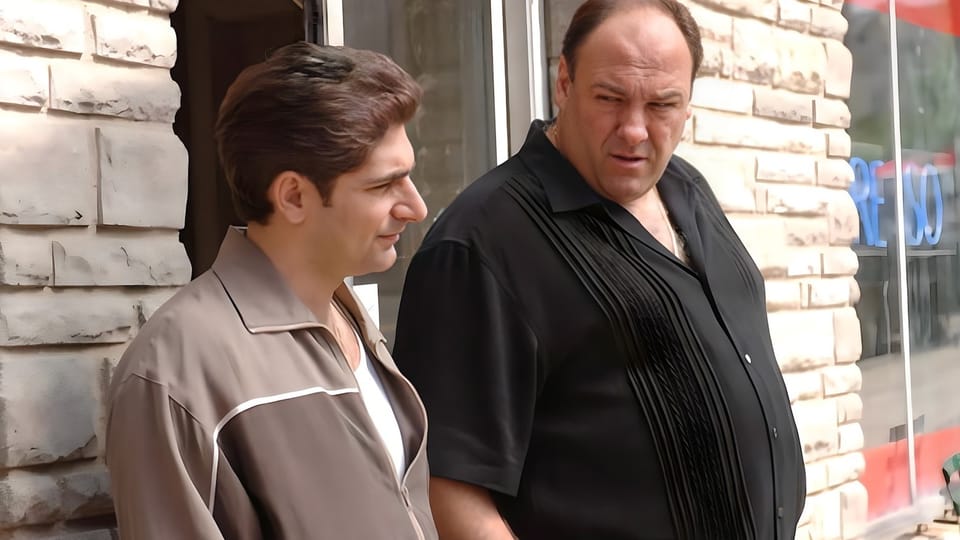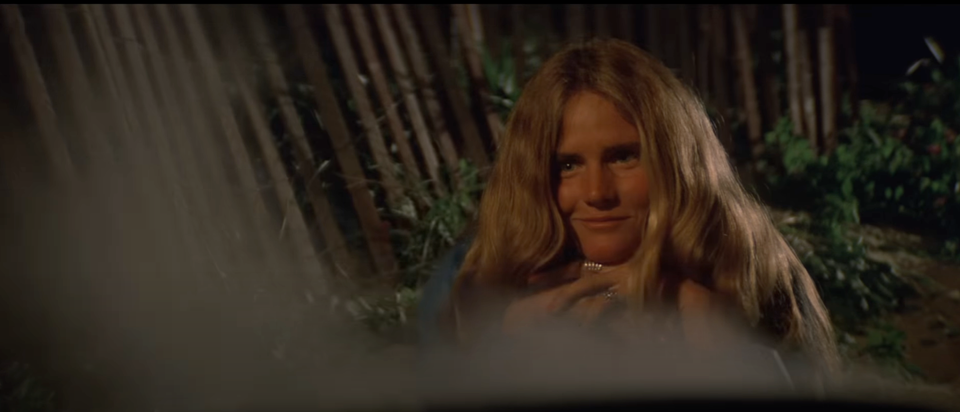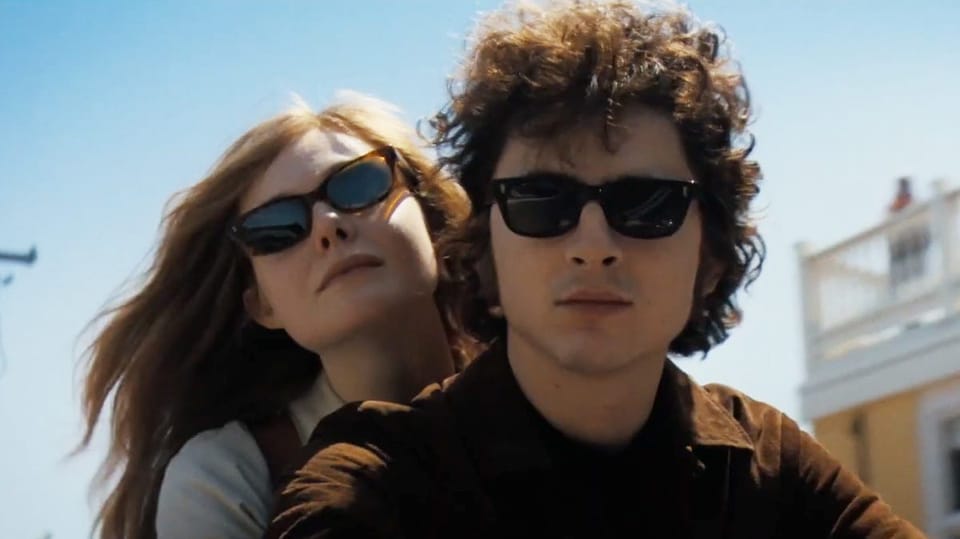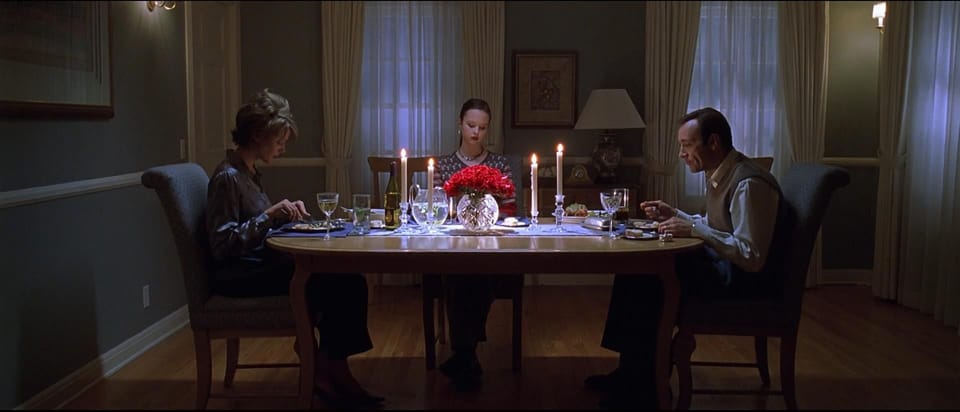How to generate great scenes year-round.
But you don't have to wait until you're working on a project to develop great scenes. In fact, you shouldn't.
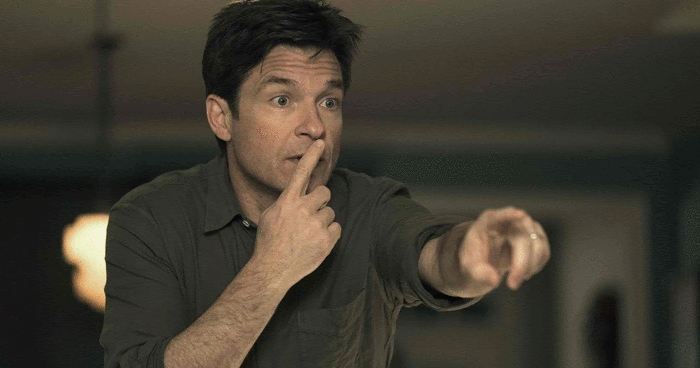
The Story and Plot Weekly Email is published every Tuesday morning.
The pre-outline phase.
My pre-outline phase for any project consists of three parts.
- Determine what story I am telling. (Who transforms and how?)
- Determine the dramatic question.
- Scene generation.
I wrote about the first two a few weeks ago HERE.
Today is about the third part: scene generation.
At least part of that part. It's a huge topic, after all.
What I want to share with you today is how I generate scenes year-round and for projects I don't even know about yet.
You need great scenes.
I can't emphasize this enough. Movies are about great characters and great scenes and sequences.
The quality of a movie is never about the plot. The plot is an excuse to have these other great things.
What makes a great scene for your project is determined by the characters, genre, tone, and concept.
A great scene for BARBIE will be very different than a great scene for JOHN WICK, which will be very different from a great scene for A MAN CALLED OTTO.
Know your concept and what makes your story uniquely compelling. The more you lean on that, the more distinct your screenplay.
Most of your scene generation is going to be project-specific because that's the project you're working on.
There are many ways to do that.
But you don't have to wait until you're working on a project to come up with great scenes. In fact, you shouldn't.
Generating should be year-round.
Joan Rivers was famous for keeping stacks of index cards inside her office filled with jokes. Anytime she thought of a joke, she would write it down on an index card. This way, she had it accessible to her later on.
As a screenwriter, you want to do something similar to this.
When you see something, hear of something, or imagine anything that might make a great scene, write it down.
Some possible sources for all of this:
- Newspaper/Nightly news.
- Stories shared on social media.
- Other movies (Yes! Other movies!)
- Your own life and those you know.
Some examples:
Look through newspapers and the news.
I read this story back in 2014!
There was something interesting here, so I saved it. Several years later, I used the idea to write a scene about finding a car in a Houston bayou with a body in the trunk.
Another article I used for a scene in the same screenplay.
I made the protagonist the man inside the garbage truck to give him as humbling a defeat as I could.
It worked! It's a great, fun scene, and I sold the script.
Look to other movies!
In THE LOST CITY (2022), there is a scene where they come out of a body of water and have leeches all over them. It's straight out of STAND BY ME (1986).
But it feels different because it's not four kids going into the water and coming out with leeches. It is a romantic pairing coming back with leeches. Further, it's Channing Tatum and Sandra Bullock, so that brings something new to the idea.
I wrote a scene in an action-comedy about a car taking out a private jet before it takes off. Then I saw TAKEN 3 and they do it!
I was annoyed, but it was okay, mine was a comedy.
But then GAME NIGHT did it! And they even mention TAKEN 3!
I thought I was going to have to cut and replace it, but then I figured out a way to change it to play on expectations and give it a more satisfying payoff.
And it made it better. But it was someone else using it that forced me to do that.
In a more recent screenplay, I grabbed an idea from the 1987 THE BELIEVERS.
Special effects didn't have the ability to show it then, but we do now. I put it in a different, more horrible location and added a major emotional twist; it feels fresh.
But it's absolutely a riff off that film.
If you see a movie and what you thought was going to happen is more interesting than what does happen?
Write it down.
Look to your own life and those you know.
Things will happen to you every day that are fun, interesting, and scary. It does not have to be exactly as it happened. Give it a twist. Imagine the most horrible result.
When I was younger, I once walked across a massive parking lot with a woman only to find out that I thought I was walking her to her car, and she thought we were walking to mine!
We were both parked all the way back where we came from!
That's a romantic comedy scene so I wrote it down.
You need a capture system.
Of course, index cards work perfectly fine. It's old school but it works. You can use Google Docs, a digital notes app, or whatever works best in your workflow.
I use an app called Evernote, but I have also been eying Notion.
I like both of them because they allow me to click on a browser extension and save an article or clip into my database.
Whatever your system or app, use TAGS.
This will keep everything organized and accessible when you need it.
Possible tags you could use are the following:
- Action set piece.
- Comedy set piece.
- Interesting job.
- Inciting incident.
- Story clue.
- Meet cute.
- Romantic location.
- Jokes.
- Good lines.
Give it a tag, put it on paper (figuratively or literally), and then it's stored there forever.
Look for it when you need it.
Whenever you need an action set piece, you can think, “what are all the action set pieces I have?”
Look up that tag and you've got a bunch of ideas that might fit. Maybe just a tweak here and there, and they COULD fit.
You don't have to generate everything out of whole cloth.
Same with a comedy set-piece, a sight gag, or a meet-cute.
I am targeting seven great scenes in any screenplay, and I will usually have 1-3 of those generated through this method.
Sometimes, the project is in the future.
My screenplay, THE GOOD TEACHER, had been percolating for years before I wrote it. I knew I would get to it at some point; I just didn't know when.
But whenever I found something that might be useful, I tagged it for that project and stored it. I stumbled on an article about a court case that included transcripts of a county sheriff and social worker doing a welfare check on a child so I saved it.
As expected, I ended up with a similar scene, and for authenticity, I used much of the dialogue from the body cam transcript in that court case.
All because I came across something and thought, "That might be useful for that project I might write years in the future!"
Consistency is key.
It's not just the habit that counts. Being consistent about this helps train your mind to think like a storyteller and see the world in scenes.
Eventually, the stimuli around you that we call life must pass through that storyteller filter.
You read a news article. Is this a scene? You see something interesting on the street. Is that a scene? Have a weird meeting with someone. Is that a character? What if this happened right then? Why would someone do that? Etc… etc…
The more you do it, the more it becomes a habit you don’t even think about. It just happens.
And when you need it later, it's there.
If you want to explore this further, my course Idea To Outline covers this whole process in more detail, including other ways to generate great scenes.
That's a wrap for this week!
I hope so much you get to do shit you love.
See you next week!
Tom
The Story and Plot Weekly Email is published every Tuesday morning. Don't miss another one.
When you're ready, these are ways I can help you:
WORK WITH ME 1:1
1-on-1 Coaching | Screenplay Consultation
TAKE A COURSE
Mastering Structure | Idea To Outline
